Together with Georgia Taglietti, Head of Communications at Sónar festival for over 20 years, we talk about the secrets to disruptive marketing, the power of a company selfie, and we hear the future sounds of tomorrow’s brands. A firm advocate for increasing multiculturality and the need for women to fight, Georgia is not the kind of person to shy away from polarisation.
- Music and culture
- A festival, today
- Social networks changed everything
- Our digital selves
- The brand's selfie
- People make brands
- A Southern European model
- Sónar and Barcelona
- A global Barcelona
- Privacy, channels, ethics
- Brands will be voice
- Ways of disruption
- Next revolucion, please
- PR is matching
- Women's rights
- Positive discrimination
- Sónar is beyond the now
-
Sonar was created when non-conventional music basically didn’t exist in Barcelona. Since then, the three-day event has grown in size, scope and popularity to become one of the most forward-looking festivals in the world.
We’ve been able to enlarge the scope of Sónar mainly because electronic music has now become mainstream culture. When we started, it wasn’t like this.
What is a festival today? And why aren’t you a festival anymore?
The word festival has been misused in lots of ways. Everything that is beyond the union of 5,000 people is called a festival. We are beyond the word festival. We are a gathering; a meeting; an offline place.
What is a festival today? It is an offline meeting of similar souls in a way.
How can you enlarge the span of an event?
The lifespan of any kind of event can be easily enlarged depending on the strategy and need. Because of the complexity of the flux of attention from people on social media and in the digital ecosystem, you have to keep the memory going. We need to stay in people’s memories throughout the year. The Internet has no past. People never look back. We are obliged to produce content every day because if not people just forget to check on you, to find out what’s happening.
In a broader sense, how did social networks change our reality? How did they change us on an anthropological level?
We created this kind of addiction to connection. People need to feel connected. Anthropologically, you can’t feel alone anymore.
Also every single person has to understand that they have a digital imprint. And that digital imprint is very important. So we are back to re-discovering the individual versus the collective.
Eventually we’ll start to recover the memory of the Internet. To understand that all the photos we take are because we want to build a constant story about ourselves online. If you don’t take photos, you don’t exist online.
All these stories about “Oh, my God, these young people are addicted to taking selfies” – I say, they’re not taking a selfie, they’re representing themselves online. Because if they don’t take a selfie, it looks they don’t exist. They’re not there. There’s always something in front of the camera, and not themselves.
Again, going from the individual to the collective self, how does this relate to a brand?
If you take a selfie of you, your rate of likes will probably increase by triple that of a common photo, even if your other photos are amazing. You take a crappy photo of you, and that photo will generate many more likes because people like to see who is behind the camera.
For the brand it’s exactly the same. Every time we put the logo, like Sónar 2018 or Sónar 2019, people see the brand. It’s our selfie. It happens with every company. Not just the logo, but something that is identified with you: that’s a selfie. For instance, a photo of the Sónar Village is one of our selfies. The synthetic green grass is one of our selfies. Our city, Barcelona, is our selfie. These are the selfies of a brand. I think that it works in completely the same way. Beside who’s playing and how beautiful the experience, people want to see some kind of identification with what you are. Sometimes we talk experience but we never talk about brand selfies.
What’s yours? What do you represent on social media? Are you Georgia or are you Sónar?
Me as the head of communication, I need to have a digital brand of my own. This way people can see who I am and recognize the brand I represent. You’re responsible for all your imprints online, they influence how people perceive the spirit of the brand. Even your personal life is engaged.
Many of the personalities that shape Sónar have been behind the festival since its early days. How does everyone fit within the wider image of the brand?
I think we all have strong personalities and we all blend the way we are into the brand. I think Sónar probably is liked because of that.
Could Sónar have started in another city that’s not Barcelona?
Barcelona has always been perfect because of the dimensions of the city, we have been able to expand, to find the right venues. Sónar is an urban event. There is no Sónar outside the city. Barcelona is particularly perfect for Sónar because of what it represents, it’s a great city in terms of quality of life for professionals.
How is a private organisation feeding the city of Barcelona and viceversa?
We’re proud to be in Southern Europe. It seems like the music industry is always up there in London and in Northern Europe. But the truth is we have been able to develop a really good sustainable business based on music in the South Mediterranean, which isn’t easy. A lot of people wanted to copy us but they couldn’t really copy it: you need a serendipity of elements to create this kind of connection.
Anything new in terms of communication, any new language or format, is shaped and influenced by available technology and social media isn’t it?
Yes, we are in the hands of Facebook, we are in the hands of Instagram, we are in the hands of Zuckerberg in lots of ways. Not that I complain about it.
The good things is, of course, it’s so cost effective. It’s like you get to know people directly. You get to change your event, your marketing, your everything in terms of people’s tastes, not just to suit them but to embrace them.
Creating channels like bots or robotics customer service is a way to get back to the one-to-one relationship.
If you are playing in a limited playground, created and managed by private corporations, you need to play by their rules. Including their privacy policies.
Privacy is very important. Still there is a lot of ignorance around digital. It’s true that you are giving your data away to get better service. It’s an exchange market. Don’t complain too much. That’s what it is.
I did advertising, so I come from a non-ethical position about advertising. I’m ethically against ignorance. Ignorance is the only way you will be manipulated. If you don’t want to be manipulated, you have to know what Facebook is, what Instagram is, what your cookies are. People just don’t read anymore.
What’s changing in today’s landscape and what’s the next big thing?
A brand will need a voice, a sound, an acoustic identity. If somebody asks Alexa, ‘Alexa, I want to go to Sónar,’ there should be a voice of Sónar answering. This is disruptive.
Voice messages for me will probably be the most disruptive content in the future. This will probably cause a complete shift in the way we look at things, the way we hear things. This is great for us because we are Sónar, we are an audio brand, we are a music brand. Brands that are not like us will need to move into these new territories.
We need to think outside the box, all the time. As marketers, as communicators, as promoters, we need to be very flexible.
Is flexibility the key to disruption? Actually, what’s disruption and how do you embrace disruption within Sónar?
Being disruptive in digital is not easy.
Right now, in a society which is very much controlled, disruption would be to create new ways to get away from the usual platforms. Which is very, very difficult.
I think disruption comes from digging into what you have and knowing very well how far you can go. Because, in the end, disruptive marketing is still marketing. You don’t want people to reject it. It’s the same as art. Does the disruptive artist want to be liked at the end? Yes, most of them do.
So how do you do innovation at Sónar?
For us at Sónar, it’s much easier to disrupt via the offline formats, than digitally. Because the platforms you have online are somebody’s else house. But when you physically come to Sónar, it’s our house, so we can focus on disruption.
Every time we change the formats of the day or night venues, it’s disruptive for people. People come and they love tradition, and you just erase the habit. Right now you can’t really erase digital habits in that way.
How has PR changed across the 25 years you’ve been working at Sónar? How do you feel about your work now?
I still believe PR is very beautiful when you connect the right people because it creates a spark. It’s like being a matchmaker. It creates love. That’s what humans are: we have this capacity of connecting people and creating emotions. I still think it’s one of the best things about the Internet.
I do PR for myself in order to be very clear of what I am for people that see my social networks or read about me. I do PR for Sonar. I do PR because it naturally comes with my character, but also because I think that it helps create shortcuts to creativity.
What’s the worst thing a PR can do?
Not listening. It’s probably the worst thing. As a PR you need to know exactly what happens, you need to tune in all the time. I have to read a lot, see a lot, listen a lot. It’s all about communicating with the right timing within the right spot. If you choose the wrong timing or the wrong words, or if you’re not aware of these social movements around you that influence everything you say or do — because they do — you’re out of the job. All the PR crises are because somebody didn’t listen properly.
A PR must be very aware of where the thin line is between the good and bad. I read everything, good and bad things. I need to see where everybody’s going.
You’re mentor and ambassador of She Said So, a curated network of women with active roles in the music industry. How did you get involved?
I want to mentor, I want to support. I meet at least two women per week in order to exchange, create, think, and grow. I mentored Andrea, who is the founder of She Said So. We’re now a community of 2700 women connected by music in general. I’ve never been very politically engaged but this is a fight I want to be part of.
It’s a very important time right now. I would never imagine that I would say that in an interview: I think we really need to go and fight, fight, fight.
Are things really changing for women?
It’s not just about music: it’s about women and how they’ve grown up. They are the best students, the best communicators… but they don’t own things. They don’t direct things. I personally want the people after me to become owners and directors in order to really have the power to change things.
As somebody who works for somebody you have a certain power, but not always. Women should reach a point in which they not only feel “empowered” but they are self-confident enough to own their own work and to not work for men all their lives. The moment in which women become directors, owners, presidents… this will change the shift. The women’s march has been the biggest march in history worldwide. Think about it.
It’s a tricky territory, but I’ll try to tread carefully. Men have been defending their power for millennia. Thankfully we are stepping out of the Middle Ages and, slowly, women are getting together, fighting together and claiming and obtaining their right. What I see, as a man, is that even for those who back this change we are being excluded. My opinion is that, in a way, this reduces a universal and fundamental battle to finally eradicate gender inequality into a battle between genders: male and female fighting for their own cause.
I have to kind of positively discriminate. I have to. I’m sorry. You’re a man. You have lots of possibilities in life. How many men of my age feel completely paralyzed by saying, “My wife gets more money than I do.”? I need to favouritize women, because it’s the moment to do that. It’s a moment to discriminate positively.
Tell me one single conqueror that is a woman. Tell me the name of one single woman in your history book when you were at school that was super important for you. Marie Curie, maybe. Tell me two, tell me three. Tell me 100 men that have changed history that you know about. You know 100, at least. How many writers? How many musicians in history that you’ve been studying?
This all forms your DNA. And it’s all about men.
We need to overcome this and rewrite history through the eyes of women.
Women weren’t fighting because they weren’t allowed to fight, to vote, to go out of the house. And many of those who managed to do so ended up being erased.
Positive discrimination could lead us to a polarization, a coup de théâtre. In a polarised reality, could a feminist movement that excludes man by default lead us to a matriarchy?
I wouldn’t mind a matriarchy for a while in order to recover this memory.
We live in polarised times. Every time we completely erase what a revolution has done in order to restore the complete opposite. We went from Obama to Trump. From the historical election of a black Democrat we turned to Trump. From a super male history, we can have a women-led society. Oh my God, let’s try it. And then, let’s become equal. I mean, what are we so scared of?
Ultimately, what is Sónar?
We are in the process of educating people, showing you that we are beyond the now. I think beyond the now is one of the things we’ve always wanted to be. And that’s why we’re called Sonar. A sónar is looking for sounds that are coming, those sounds become the distance of what’s in front of you.
So yeah, we are beyond the now!



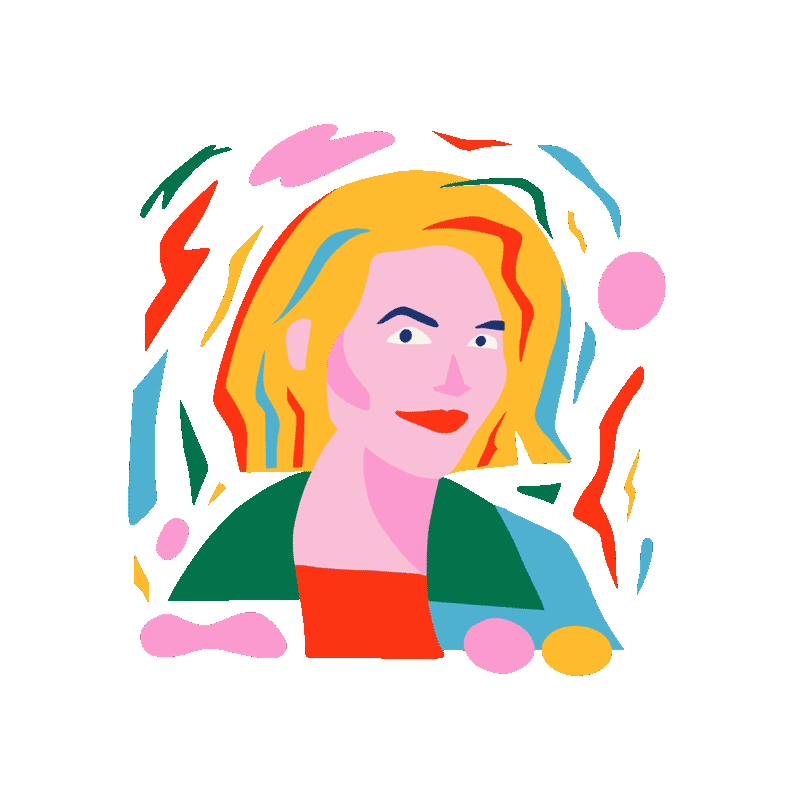
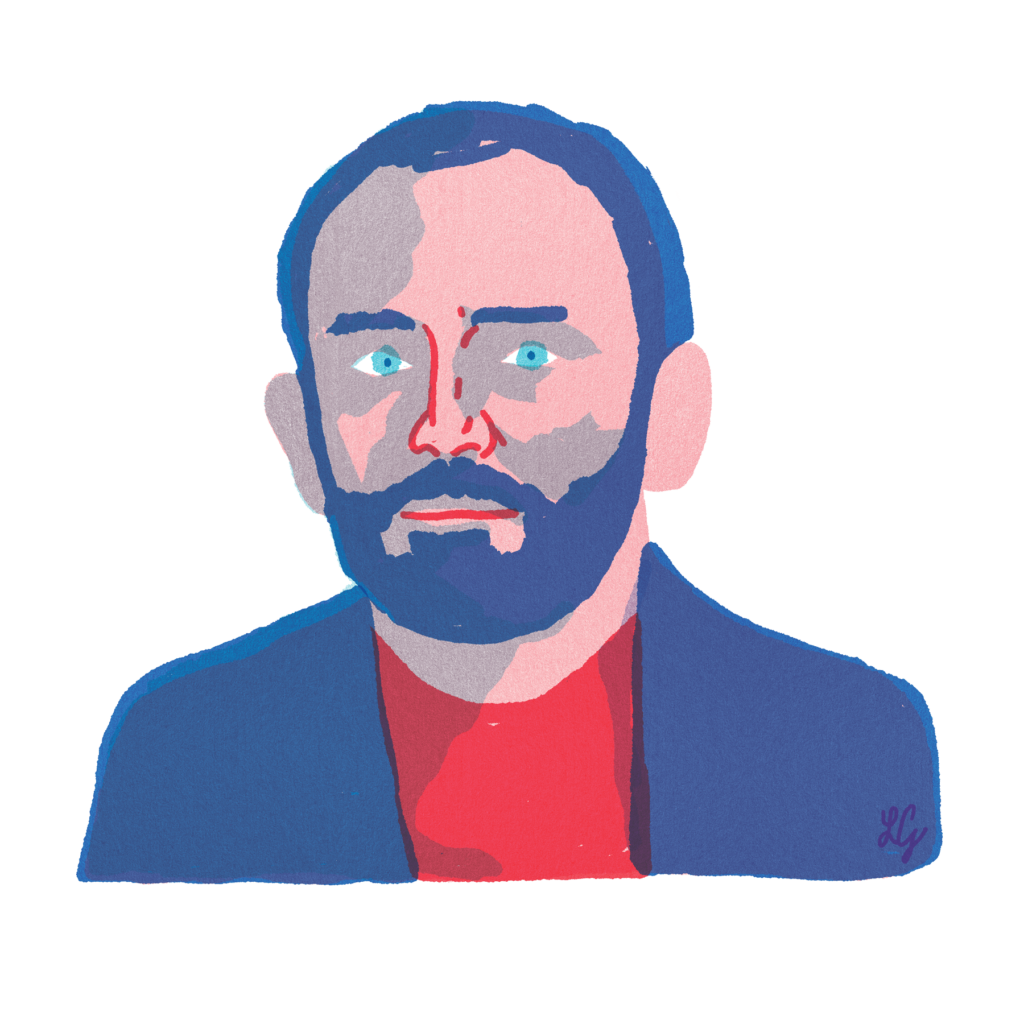

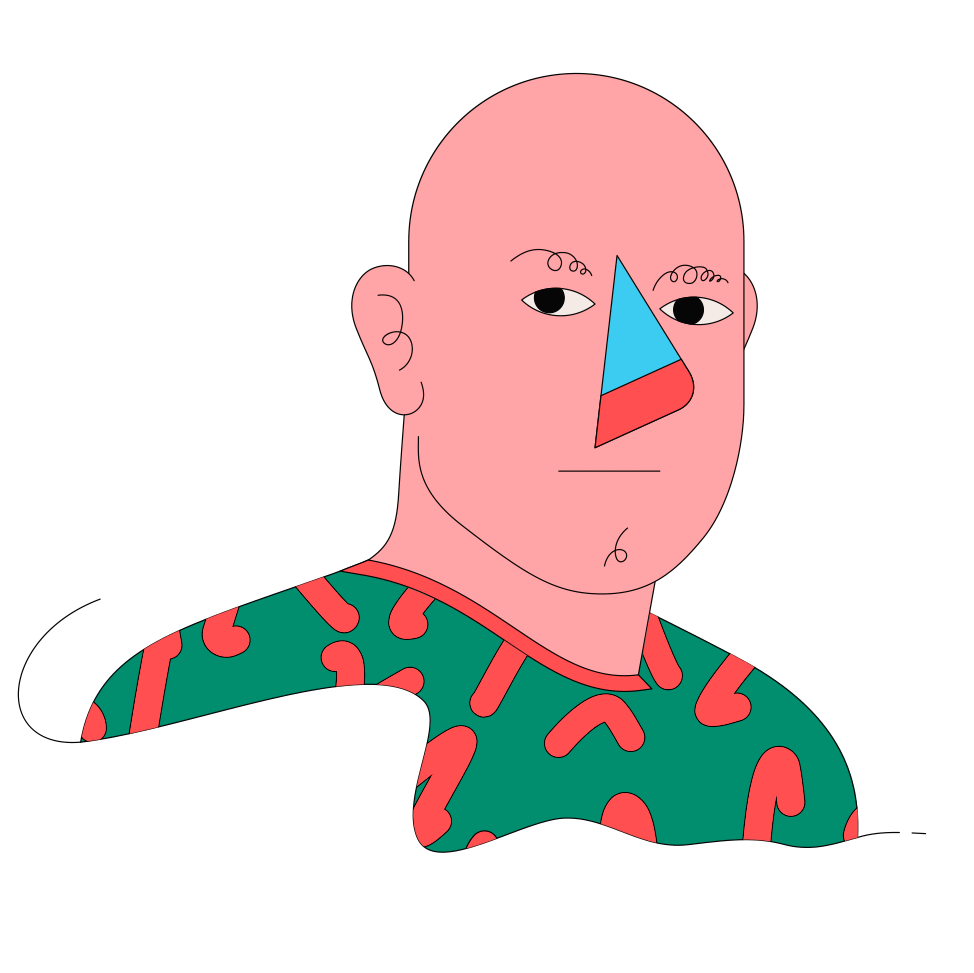
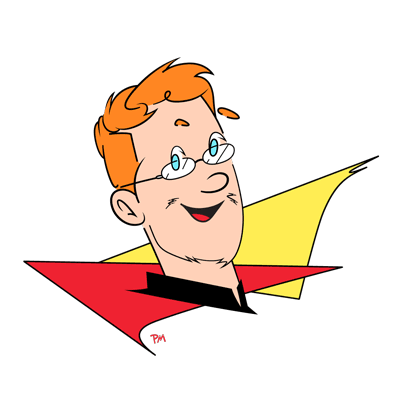

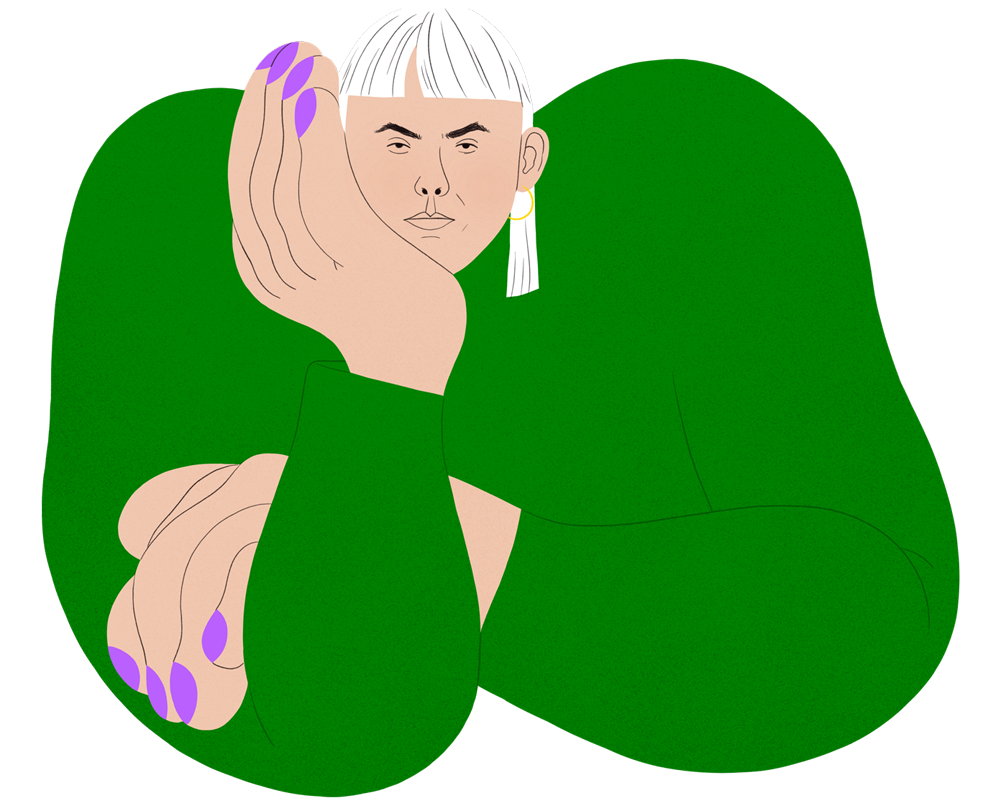
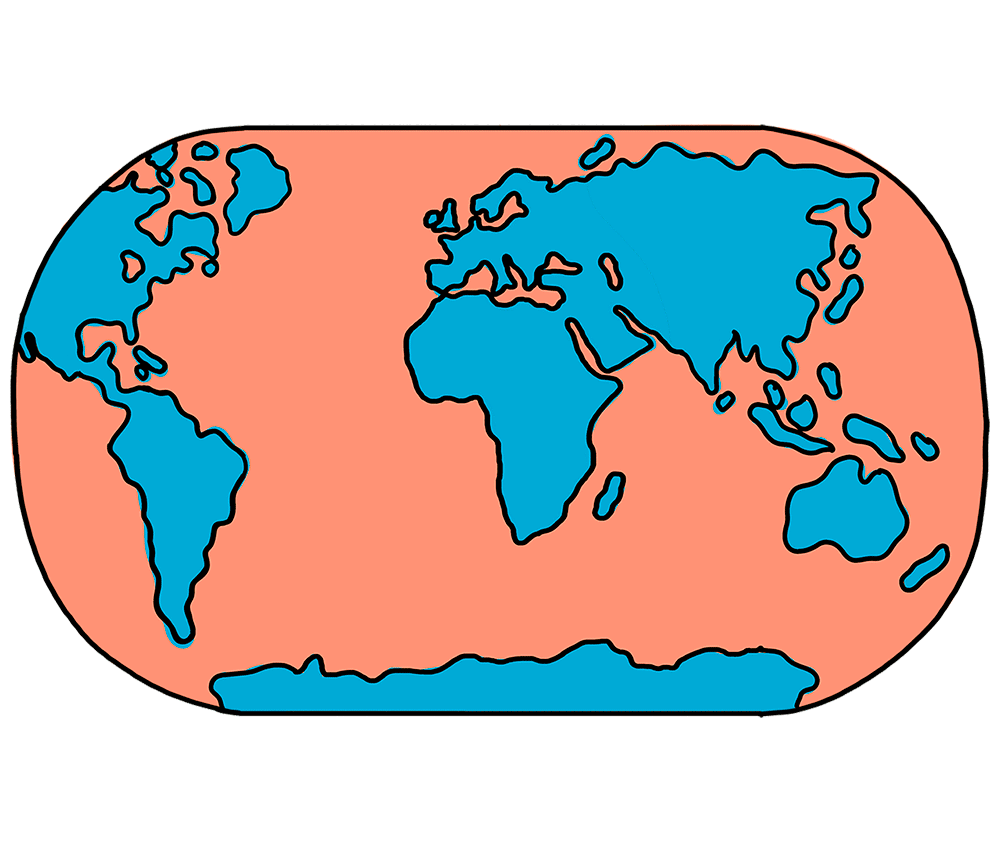
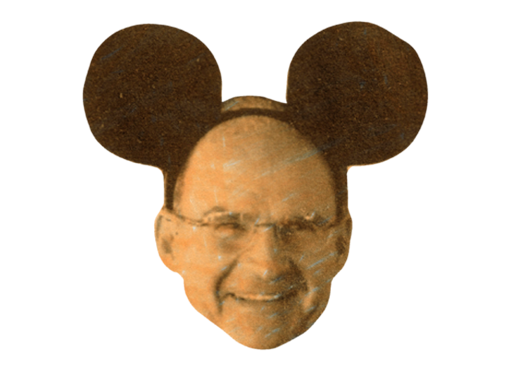
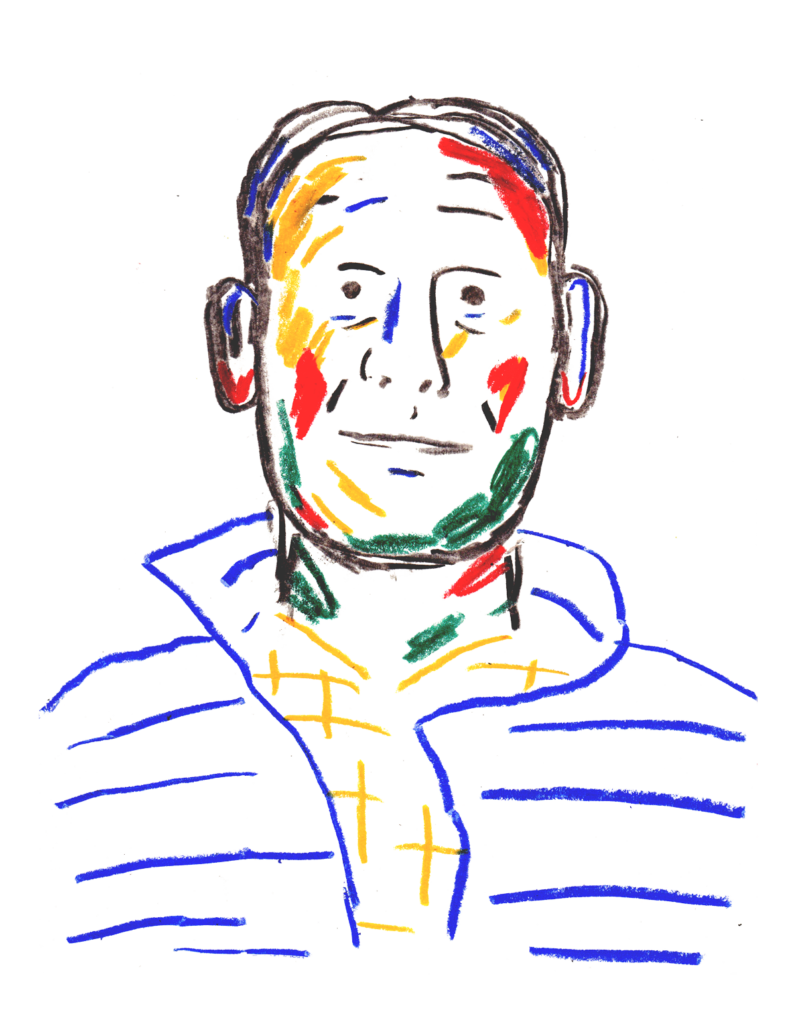
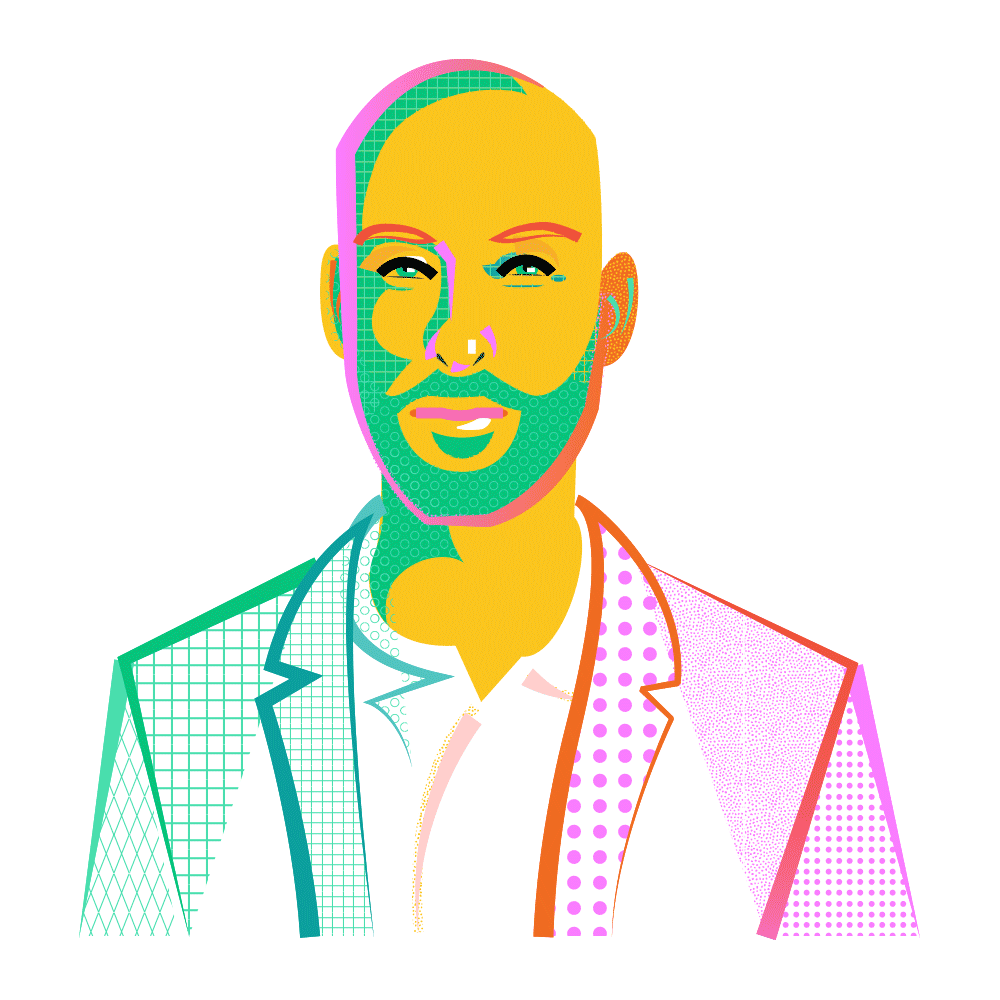
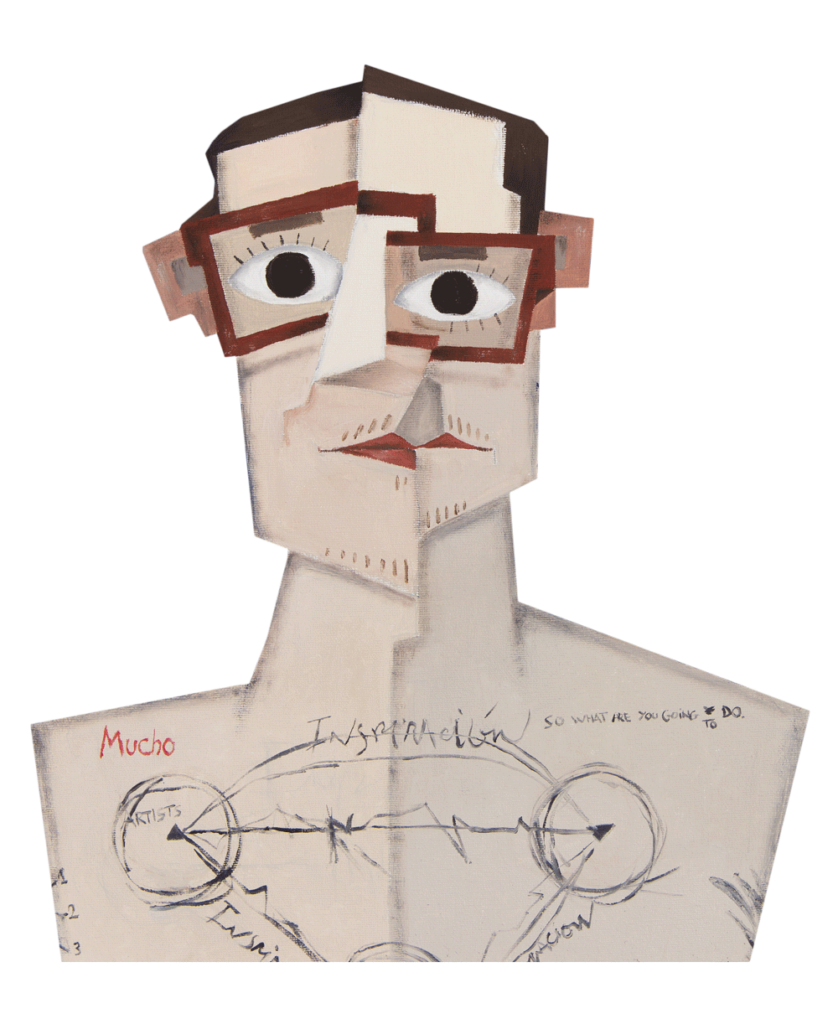
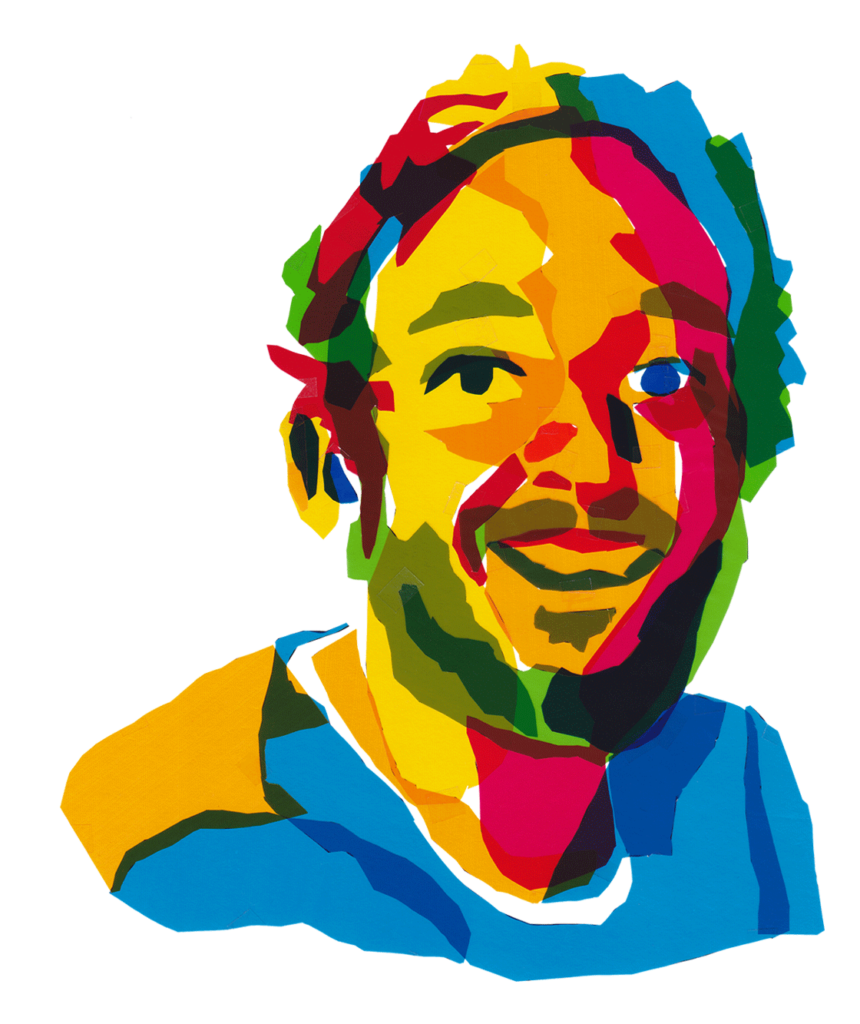
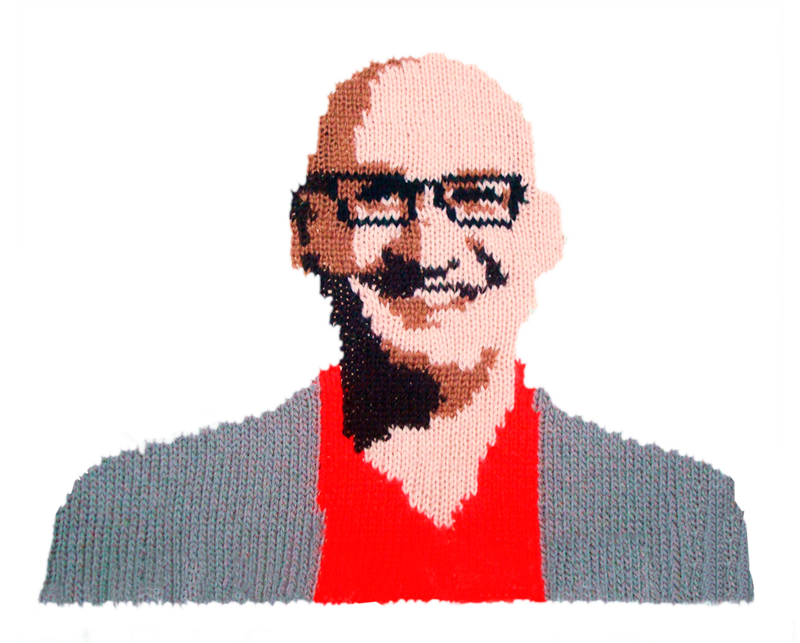
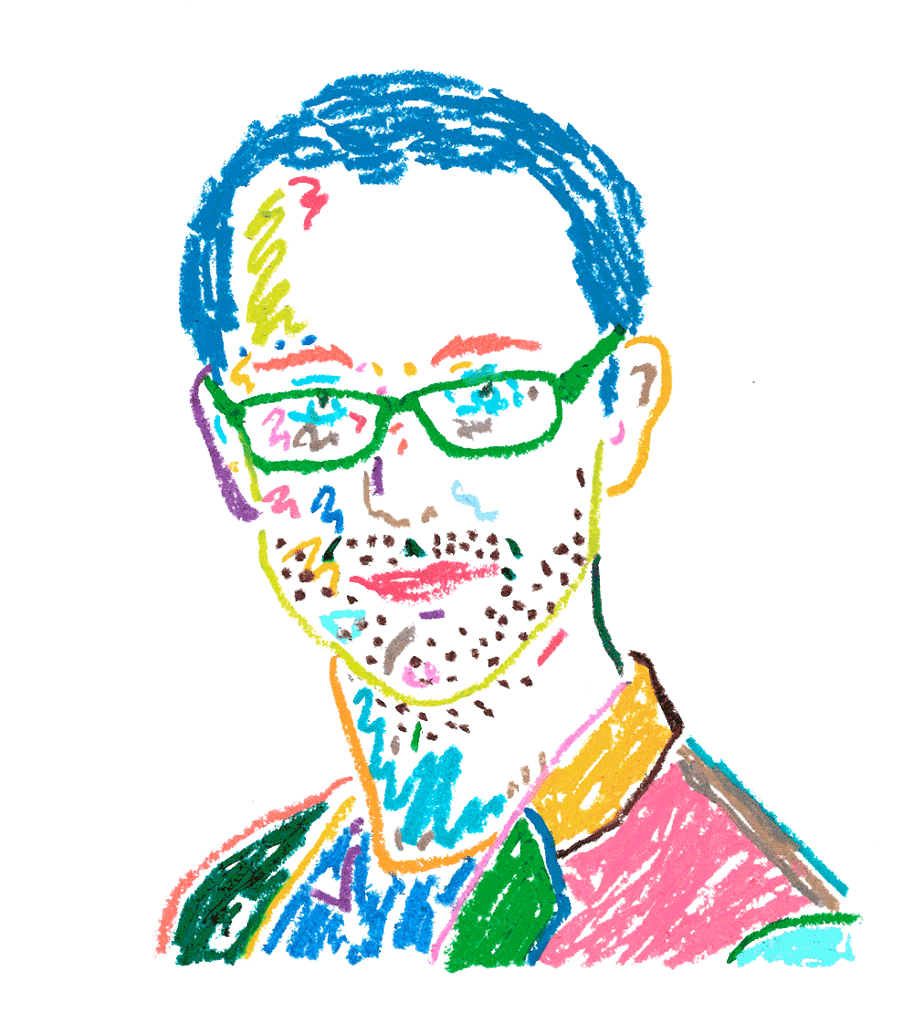
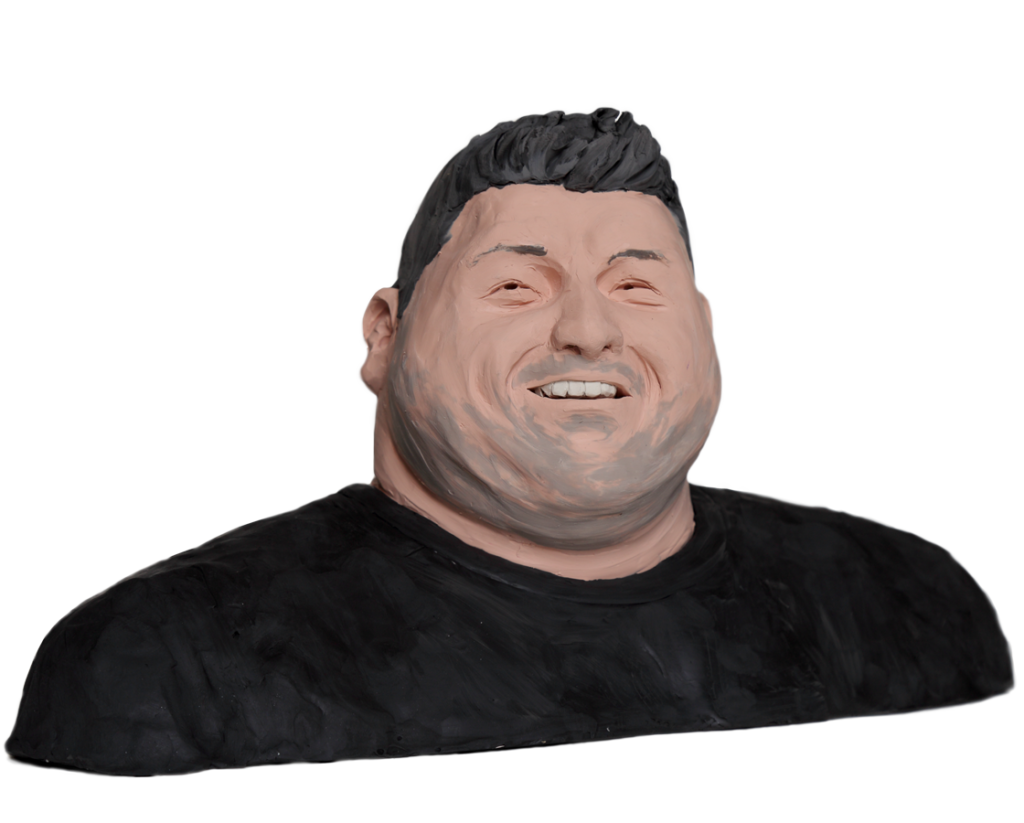


You are a social network enthusiast. Social networks created the unprecedented opportunity of connecting brands with audiences, allowing them to actually talk to each other.
For a brand, it’s not a question of quantity at all. It’s about getting the people that you like to like you and to engage with you.
We empathize a lot with people that actually write to us. That’s why two years ago we decided to open Facebook messenger. I’m a big supporter of messaging platforms for new marketing scenarios, because I think it will help tailor the needs of the public much more. We answer all of them every day. This is the beauty of a marketing platform, such as Facebook or WhatsApp or Instagram.
What are the risks with this?
There are some brands that just don’t know how to handle it. They handle it in a very depersonalized way. Lots of big brands are spending a lot of money on ads, which very soon won’t be as effective as they once were.